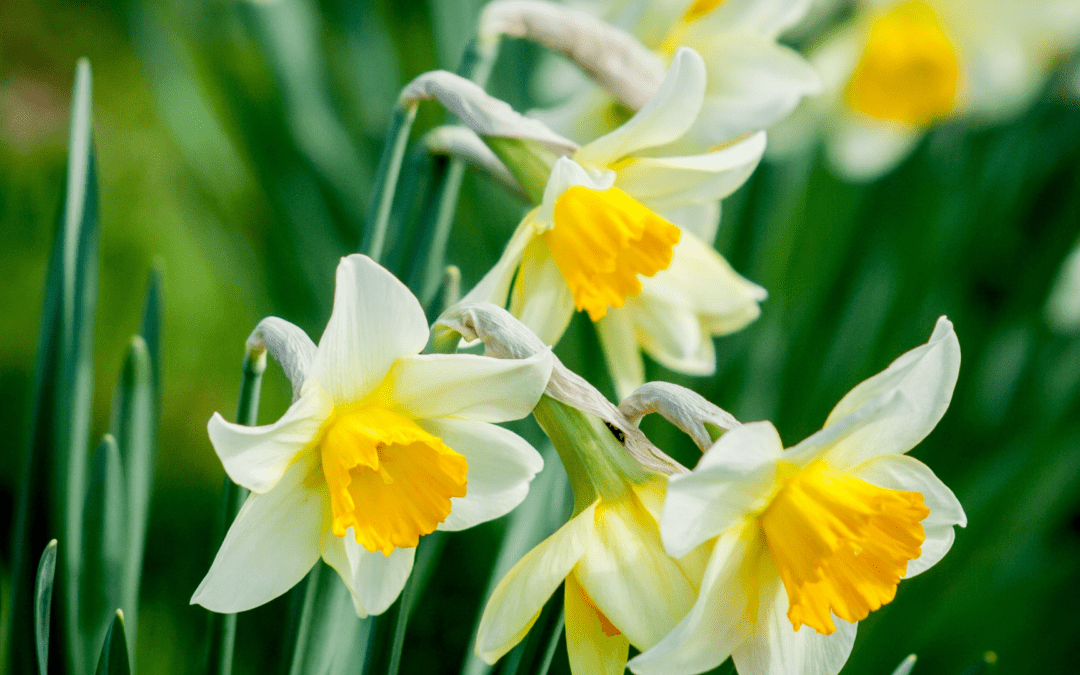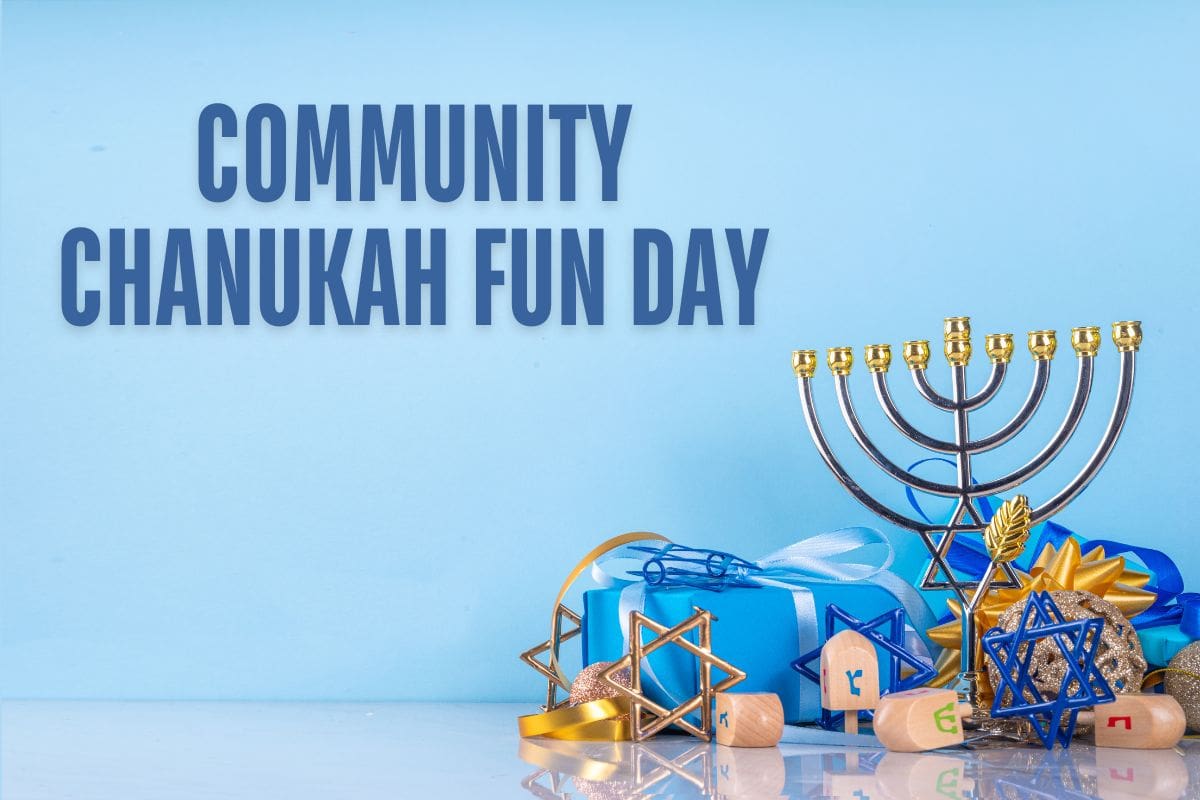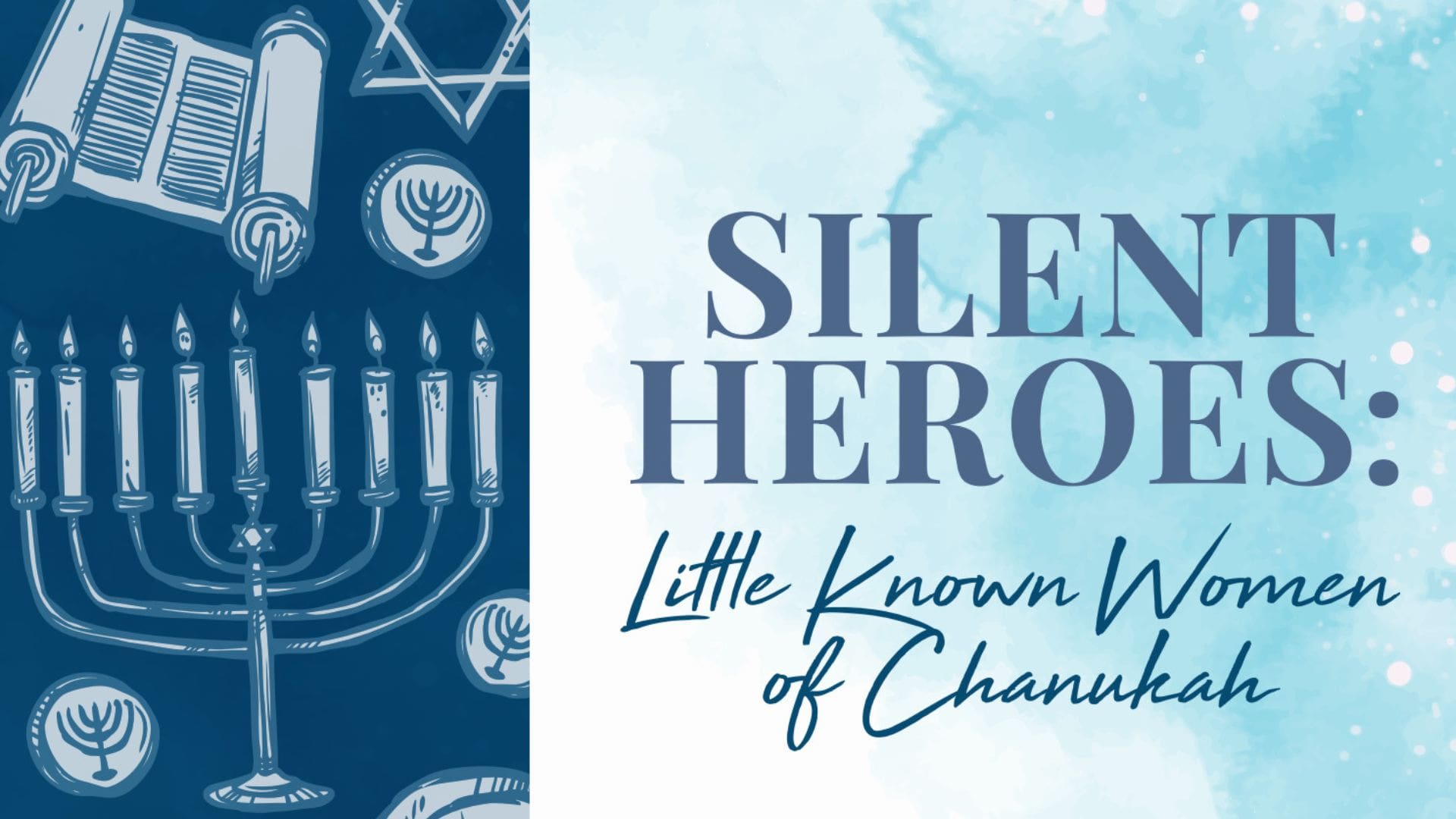By Wayne “Dr. B” Benenson, Ph.D.
Most of you know the story of how Nelson Mandela fought his demons by learning to forgive his jailers. Nelson ended his 27 years in an apartheid jail to become president of South Africa and usher in a new norm of racial reconciliation. After meeting Mandela, President Bill Clinton asked him how he felt as he left the prison: “Tell me the truth: when you were walking down the road that last time didn’t you hate them?” Mandela replied: “I did. I am old enough to tell the truth. I felt hatred and fear but I said to myself, if you hate them when you get in that car you will still be their prisoner. I wanted to be free so I let it go. People can take everything from you. I lost my family, the chance to see my children grow up, the best years of my life. They can take everything except your mind and your heart. Those things I decided not to give away. That is the lesson that every human being on earth had better learn sooner or later.”
Forgiveness is an essential part of taking care of your bruised heart with mindful compassion. But it doesn’t come easily. Mindfulness teachers often say that forgiveness is a fierce practice. You must be willing to face what is difficult, to step into a cesspool of deep sorrow. But as you face your grief, forgiveness means freedom from carrying around endless ruminations, blame, resentment and anger.
The practice of forgiveness begins with acceptance. By acknowledging the full brunt of strong emotions you activate a higher level of thinking and widen your perspective in two ways: how someone has harmed you and how you have hurt someone else.
For example, did I make a wrong assumption about why someone said or did something? Have I lashed out (or was biting at the bit to lash out) without thinking how my actions might affect another person? This vulnerability is universal. The particular details of your own private Name That Grudge contest may be quite personal but the impulse towards hating those who you believe are causing your pain is human, oh-so-human. Take a moment and think of who or what raises your internal temperature? Who holds the top spots of resentment in your heart? And, more poignantly, do you beat yourself up for past indiscretions, real or imagined?

Let go of toxic expectations
Unsurprisingly, the hardest part of this fierce practice is letting go of toxic expectations on yourself. How have I betrayed or harmed someone, wittingly or unwittingly? How have I betrayed or harmed myself, wittingly or unwittingly? No doubt getting to the truth of these questions will be informed by your own pain, fear, anger or confusion.
It takes a while but the brave and gentle practice of forgiveness can help you pivot toward a calmer future instead of a knee-jerk resentment of the past. Mindfulness meditation teacher Jack Kornfield likes to say, “Forgiveness is giving up all hope for a better past.” Angrily holding on to what’s already happened is painful and can easily turn into bitterness. It’s nearly impossible to live a full and resilient life from that place. What to do? What to do? Being kind to yourself is how you free your own heart from the prison of pain and resentment. Forgiveness doesn’t mean you have to condone what happened, or even agree with it. Forgiveness becomes mindful when we realize that holding on to what happened in the past, which is immune from change, is quite painful.
Forgiveness takes time
Forgiveness takes time. It doesn’t happen overnight. We can’t simply decide to forgive, snap our fingers, and bam, it’s taken care of. For most of us, forgiveness is a slow process. It needs to happen gradually for the awareness and curiosity of new habits to take hold. So please, please, be patient with yourself. At first blush it’s enough to just realize that forgiving might be a good idea … even (or especially) if it looks totally impossible.
If you decide to do this month’s homework, know how the process evolves. Traditionally, forgiveness is taught in three rounds:
- I ask forgiveness for the people I have harmed or hurt.
- I practice forgiveness for the people who have harmed or hurt me.
- I practice forgiveness for myself for having harmed or hurt myself.
Homework: The ‘Just Like Me’ practice
The more you see that others are similar to you, the more empathy you will be able to feel. Use the phrase “Just like me” to train yourself to see the commonality of our human experience. Just like me, he (or she or they) is also a human being doing the best he (she/they) can. Just like me he makes mistakes. Just like me she has room for healing and growth. Repeat as often as necessary when facing a grief that is painful or difficult.
Gently remind yourself, with oodles of self-compassion, to go easy on yourself.
And, as always, enjoy the moment.
Dr. B, aka Wayne Benenson, Ph.D., has had lots of career opportunities to be mindful: as an elementary and early childhood teacher, a college professor and a researcher on peer mediation. He currently offers mindfulness tutorials, short and sweet (20 minutes), via Zoom. For more information check out his Facebook page at or contact him here.





